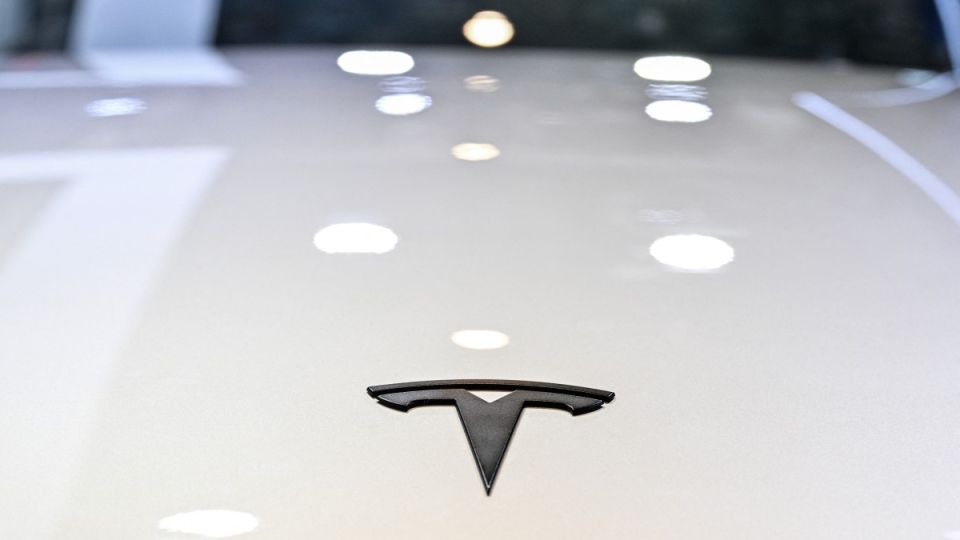November 19, 2025
SEOUL – Tesla Korea has come under fire for failing to provide sufficient after-sales service, with zero efforts to give back to local society despite being on pace to hit its all-time annual sales record in Korea this year.
According to the Korea Automobile Importers and Distributors Association, Tesla sold 47,962 cars from January to October, up 92.8 percent from the same period last year. The US electric vehicle giant has experienced enormous growth in Korea over the past five years, as it logged 11,826 vehicles sold in 2020, 14,571 sold in 2022 and 29,754 sold last year.
Although Tesla has cemented itself as the No. 3 auto importer in Korea behind BMW and Mercedes-Benz, the number of service centers it operates in the country is far less than the German automakers.
BMW and Mercedes-Benz run 81 and 74 official service centers in Korea, respectively, while Tesla only offers 14 service centers, which is on the same level as Chinese EV maker BYD, which entered the Korean market only about 10 months ago. Of Tesla’s service centers in Korea, eight are located in Seoul and Gyeonggi Province, leaving major cities and provinces such as Daejeon, Ulsan and the Chungcheong, Jeolla and Gyeongsang provinces with no aftercare facilities.
The lack of service centers has surfaced with the recent outbreak of the failing battery management system, or BMS, in Tesla models and their owners having to endure lengthy periods of waiting time.
According to Tesla Korea’s BMS repair logs submitted to Rep. Park Yong-gap of the Democratic Party of Korea, there were 4,637 BMS repair cases between August 2020 and Sept. 17 of this year. The lawmaker’s office revealed that the average amount of time it took for the repair work to be completed was 23.4 days.
The BMS is regarded as the brain of an EV, monitoring the battery’s voltage and temperature for optimal performance and alerting the driver in case of anomalies. The lawmaker pointed out that Tesla’s infrastructure for repairs is nowhere near sufficient, despite the number of registered Tesla cars surpassing 100,000 in Korea.
With mounting calls for Tesla to take action in the wake of its BMS failures, the US EV maker announced last month that it would expand free support for its after-sales battery checkups and quickly respond to BMS problems.
Tesla Korea said it would extend costless repairs for battery issues on Model 3 and Y vehicles delivered before September 2023 as well as Model S and X vehicles handed over before June this year to two more years or 40,000 more kilometers after the battery warranty period expires.
Pledging to swiftly monitor the battery’s status and provide prioritized reservations for service checkups once a BMS warning is submitted online, Tesla Korea also vowed to set up a BMS dedicated channel and expand the number of personnel in the customer support center before the end of the year.
The insufficient number of services centers is not the only point where Tesla is seen as lacking in Korea.
According to its regulatory filing with the Financial Supervisory Service, Tesla Korea posted 1.7 trillion won ($1.16 billion) in revenue and 25.9 billion won in operating profit last year, but the EV maker logged zero donations in the country. BMW and Mercedes-Benz contributed 1.3 billion won and 6.7 billion won in donations, respectively, last year.
It was not just last year that Tesla made no donations in Korea in 2024 — it has never done so since 2019.
“Giving back to society is not mandatory, but some auto importers that sell less than Tesla are trying to contribute to society,” said an auto industry stakeholder.
“As more Korean customers buy Tesla vehicles, it should feel the need to grow together with Korean society instead of simply regarding it as a market.”


